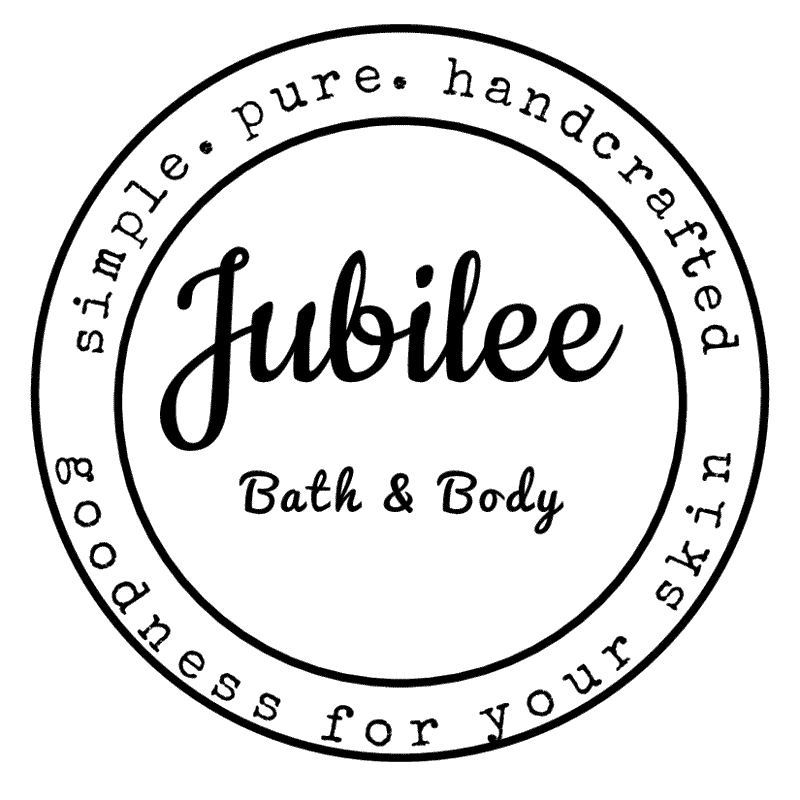Why SOAP is more effective than hand sanitizer
Hey there Jubilee tribe! I pray this message finds you and your family well. Perhaps a bit stir crazy though…am I right?! J This “shelter in place” stuff is for the birds….BUT also very necessary for us…right now. Am I sure we will be back to the daily grind very soon….yes!
With the flood of information coming in concerning the safety measures you can take to keep you and your family safe from the COVID19 virus, I thought you could add this to your every growing arsenal.
Here is the easiest way to me to put this: Do you have access to WATER?
YES-------use regular soap to wash your hands…it’s more effective and I’ll tell you why in just a quick minute.
NO--------use an alcohol based hand sanitizer for at least 20 seconds building enough friction to be effective
There….now we have that question answered. Here is why using soap & water is better and more effective in combatting this virus (and any other for that matter) Because it is a self-assembled nanoparticle in which the weakest link is the lipid (fatty) bilayer. Yes….yes I know….that sounds scientific.
Ok…so it’s like this! Soap dissolves the fat membrane, and the virus falls apart like a house of cards and “dies,” or rather, it becomes inactive as viruses aren’t really alive. Viruses can be active outside the body for hours, even days. The skin is an ideal surface for a virus. It is organic, of course, and the proteins and fatty acids in the dead cells on the surface interact with the virus through both hydrogen bonds and the “fat-like” hydrophilic interactions.
Ethanol and other types of alcohol do not only readily form hydrogen bonds with the virus material but, as a solvent, are more lipophilic than water. Hence, alcohol does dissolve the lipid membrane and disrupt other supramolecular interactions in the virus.
However, you need a fairly high concentration (maybe 60%-plus) of the alcohol to get a rapid dissolution of the virus. Vodka or whiskey (usually 40% ethanol) won’t dissolve the virus as quickly. Overall, alcohol is not as good as soap at this task.
So when you touch a steel surface with a virus particle on it, it will stick to your skin and, hence, get transferred on to your hands. But you are not (yet) infected. If you touch your face, though, the virus can get transferred. If the virus is on your hands, you can pass it on by shaking someone’s hand. Kisses, well, that’s pretty obvious. It goes without saying that if someone sneezes in your face, you’re stuck. Dang it…now the virus is dangerously close to the airways and the mucus-type membranes in and around your mouth and eyes.
So the virus can get in and — voila! — you are infected. That is, unless your immune system kills the virus. Here is the one million dollar question: how often do you touch your face?
Simply said…..stay home if possible, use good soap, say your prayers, extend GRACE to others and we will all get through this together! Amen?! ~Julie♥
